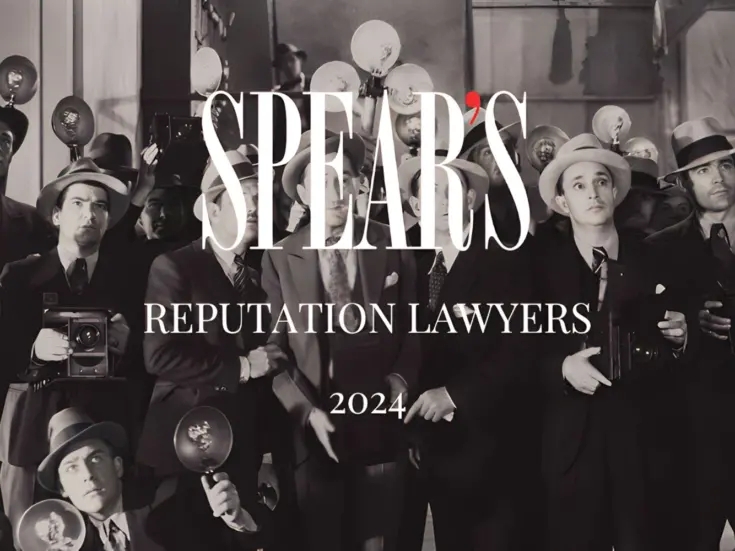Don’t rely on big tech – retrieving the online legacy of a loved one is still no mean feat without good old-fashioned foresight and legal capacity, says Nicola Plant
In October 2012 I responded to a question from a Spear’s reader who wanted to gain access to her deceased daughter’s Facebook and Gmail accounts. At the time there was still a great deal of uncertainty about what would happen to someone’s digital estate after death. In a recent development Facebook will allow users to choose what should happen to their profile if they die.
Facebook users will be able to designate an individual as their ‘legacy contact’ to manage aspects of their Facebook account after death, or to have their account automatically deleted. Facebook legacy contacts will be able to maintain the account of the deceased person as a memorial. They can continue to write posts, change profile pictures and respond to new friend requests on the deceased’s behalf.
This may all sound rather morbid, but following several high profile cases in the US, internet service providers have started to recognise the importance of allowing individuals to choose what happens to their online profiles and digital estates after death.
Part of the problem with digital assets and profiles has always been internet companies’ refusal to acknowledge and respect existing probate and succession laws. Matters came to a head for Facebook in 2012 when the parents of Benjamin Stassen obtained a US court order forcing Facebook and Google to allow them access to their late son’s accounts.
Benjamin had committed suicide in 2010 without leaving a note. His parents wanted to look through his accounts to try and find some explanation for his suicide. Facebook and Google initially refused to cooperate, unsuccessfully citing client confidentiality in their defence.
With other tangible assets it is your executors (or your administrators if you fail to leave a will) who have the right to make decisions concerning your estate after your death. By allowing for the appointment of a legacy contact Facebook have not avoided issues that could still arise if the legally appointed executors or administrators wanted to gain access to an account over the legacy contact.
This issue might be particularly relevant where a user’s profile actually has some financial value, such as an iTunes or World of Warcraft account or even a popular, but as yet unpublished, blog.
The problem still exists that every internet company, such as Facebook, Google or Microsoft, has its own policy for dealing with a user’s death. Not only is there no industry standard, but even if there was they are still effectively trying to create a two-tier system, completely ignoring long established probate laws.
This latest development from Facebook is certainly a step in the right direction towards recognition of users’ digital rights, but I fear it’s not an end to the potential for further litigation. There is no substitute for users making formal arrangements by signing a will and appointing executors to deal with their estates, digital or otherwise, after death.
Nicola Plant is a partner at Pemberton Greenish
n.plant@pglaw.co.uk
020 7591 3314








